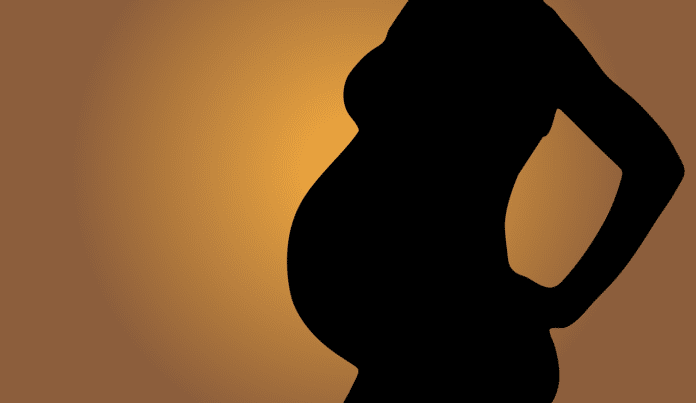Recently, the preliminary results of two studies conducted by researchers at the University of Alberta show that the ongoing coronavirus pandemic may negatively impact the mental health of women who have just given birth or are to give birth during the health crisis, thereby increasing the risk of disorders such as anxiety and maternal depression.
Previously, research has already shown that high-stress levels during pregnancy can cause adverse effects on the health of the expecting mother as well as the baby. In addition, it may even impact the development of the fetus and lead to life-long consequences on the health of the baby after birth.
The ongoing coronavirus pandemic has affected the mental health of front line health care workers, the patients who have tested positive for the infection, and even normal people.
This is why health experts are warning about an incoming health challenge related to the mental health of the public. Every person ranging from older adults to children is at an equally high risk of having mental disorders that can also cause physical health problems.
However, women who are about to give birth or have recently given birth may have a comparatively higher chance of developing additional mental health problems as pregnant women already have a risk of having postpartum depression.
The stress and anxiety caused by the coronavirus health crisis can add up with postpartum depression and cause even worse symptoms in women.
The findings of the new research, conducted by the pregnancy and exercise researcher, Margie Davenport, show that such a situation can be avoided by reducing the chances of developing maternal depression through exercise after giving birth or during the pregnancy.
RELATED: Trump Announces US Will not Join Global Coronavirus Distribution Program
Davenport explains that being physically active after or during the pregnancy decrease the risk of having mental health issues such as depressive episodes significantly.
In a similar way, lack of exercise can elevate the risk of having mental disorders in expecting women or new mothers.
“Knowing to what extent the pandemic is impacting this population’s ability to remain physically active and the subsequent impact on mental health will help us to better understand what we can do to help,” Davenport explained.
For studying the impact of exercise on the mental health of expecting women, Davenport and a team of researchers recruited nine hundred women in the Program for Pregnancy and Postpartum Health.
All of these women were either expecting or had given birth a year earlier from the start of the study and had to fill the questionnaire and surveys online which included questions on symptoms of depression, anxiety levels, and physical activity or exercise.
After examining the results, it was discovered that the levels of anxiety and depression had risen significantly after the beginning of depression in pregnant women.
Around 40.7 percent of the women who were pregnant reported symptoms of depression in comparison with 15 percent of women who were pregnant prior to the coronavirus pandemic and had depression.
Before the health crisis, moderate to high levels of anxiety were observed in 29 percent of the women. During the pandemic, around 72 percent of the women had anxiety.
Even though the coronavirus pandemic was seen a big contributor to the rise in mental health issues in pregnant women, the researchers also found that the women who followed the 2019 Canadian Guideline for Physical Activity for pregnancy had much lower scores of both anxiety and depression in comparison with the women who were not physically active.
Davenport stated that physical activity, which has also been linked to better maternal health and healthier pregnancy, can also help in reducing the likelihood of mental health disorders like maternal depression during the pandemic.




